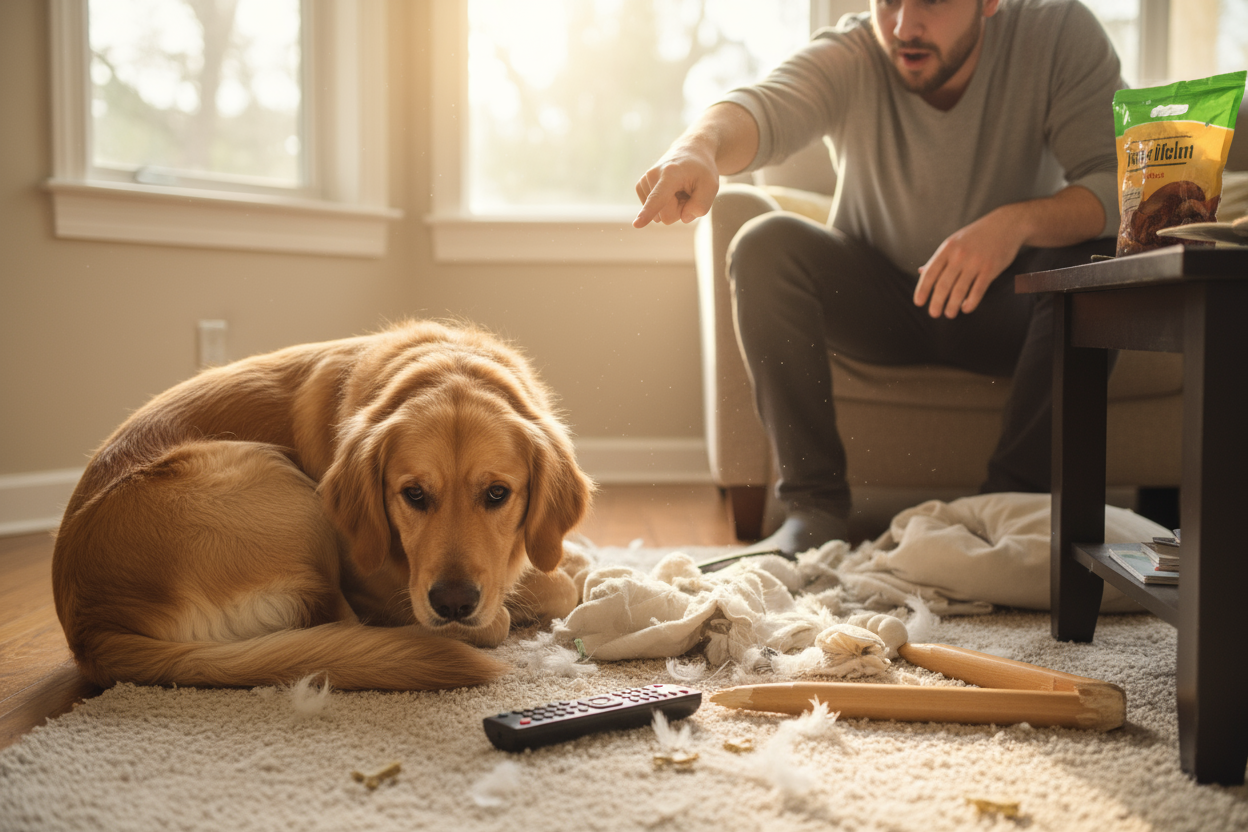As a veterinary behavior practitioner, one of the most rewarding parts of my work is helping puppies overcome fear and anxiety before those feelings become lifelong challenges. It is natural for puppies to feel uncertain as they learn about the world, but when fear becomes intense or persistent, it can start to shape their development in ways that are difficult to undo. Early intervention, including the short-term use of anti-anxiety medication, can make a world of difference.
When I suggest medication for a young puppy, many families feel surprised or even worried. They imagine long-term dependence or sedation, but that is not what we are aiming for. In many cases, medication is used only for a few days or weeks, just long enough to help the puppy feel safe and calm enough to learn. The goal is not to suppress behavior but to give the puppy’s brain and body a chance to process experiences in a positive way.
Fear and learning are deeply connected. When a puppy is scared, its brain releases stress hormones that make it harder to form new memories or absorb training. A frightened puppy cannot learn that the world is safe, it can only learn that it feels scared. Medication can lower that level of anxiety enough for learning to happen. Once a puppy feels safe, gentle training and positive socialization can take hold.
I often use the analogy of a ladder. A fearful puppy is stuck on the bottom rung, too frightened to climb higher. Medication helps lift that puppy just enough to start climbing on its own. With calm, positive experiences and patient guidance, the puppy begins to build confidence naturally. Once the puppy is moving in the right direction, we can taper off the medication because it has served its purpose. It opened the door to learning.
Early intervention matters enormously. Fearful experiences during puppyhood can leave deep emotional imprints that last a lifetime. A single negative encounter like a loud noise, rough handling, or an intimidating environment can teach a puppy that the world is unsafe. If we step in early with support, we can prevent that fear from taking root. A short course of medication, combined with positive reinforcement and careful socialization, can literally change the trajectory of that puppy’s life.
Medication alone is never the full answer. It works best as part of a comprehensive plan that includes behavior modification, predictable routines, and lots of gentle, rewarding experiences. But when used thoughtfully, even for a brief period, it can be the key that unlocks a puppy’s ability to learn and trust.
If you have a puppy who seems excessively fearful, one who hides, shakes, freezes, or avoids normal activities; talk with your veterinarian or a veterinary behavior specialist. The earlier we intervene, the better the outcome. Sometimes, just a few days of help can set a puppy on a lifelong path of confidence and joy.
Helping a young dog feel safe is one of the greatest gifts we can give. With compassion, science, and early support, we can help even the most fearful puppies grow into happy, resilient companions.
Amanda Hall-Phillips, DVM
Veterinary Behavior Practitioner, Dog Behaviorist serving Valdosta Ga, Thomasville GA, Tifton Ga, Moultrie GA, and Tallahassee FL



